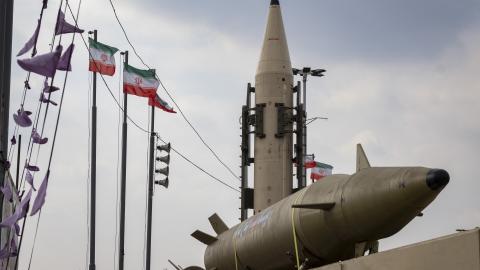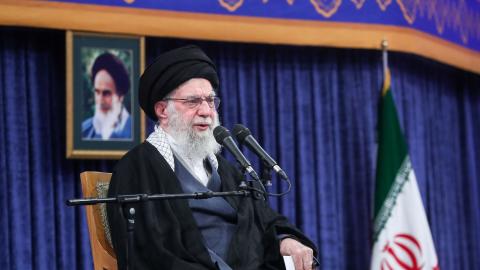The consequences of drug legalization or decriminalization are damaging for nations that have been beguiled by the prospects of government-sanctioned drug distribution, or promises of tax revenue. As we have learned from legal marijuana in U.S. states, drug use and the public health burden both increase and overwhelm possible revenues.
Further, the more vulnerable the nation, the worse the potential impact. Experience has shown that where drugs are legalized, not only does drug use increase sharply, but violent criminal black markets continue to operate
Yet notwithstanding climbing domestic marijuana use and heroin overdose deaths, the Obama Administration may be on the verge of exporting the very failed policies that contributed to those outcomes, thereby undermining the international basis for controlling illegal drugs. Even while America copes with the disastrous, but predictable outcomes associated with legalized marijuana, a surge of “harm reduction” programs, and a rejection of efforts to control drug supply, there are some seeking to push these failed U.S. policies to the global stage during the April 19-22 meeting of the United Nations General Assembly Special Session on Drugs (UNGASS) in New York.
There, the conventions and treaties that have united the global effort against drug use, and that have stood as a critical (though imperfect) shield against the devastation wrought by transnational criminal organizations, will be placed at risk.
The United Nations Office of Drugs and Crime has responsibility to sustain treaty provisions for 193 member nations of the UN, including the United States. National drug laws are expected to adhere to the treaties formalized in these documents.
These documents serve as protection for all nations, guarding against drug production, trafficking, and consumption. The treaties prohibit, for example, commercial drug sales, an area where U.S. policy has already been judged in violation Drug activist preparations for the April meeting make clear that the current drug control treaties will be under sustained assault
Well-funded forces of legalization will mount an effort to open the treaties and redefine their terms, promoting activist arguments that drug use is a “human right,” while some argue for such extreme measures as government-sponsored “safe” injection rooms or official distribution of injectable drugs themselves, such as heroin, seeking a liberalized global regime of legal, even government-sustained, drug use.
Political theater will be mobilized in support of legal drugs, a movement reminiscent of the peace brigades and anti-nuclear activists from recent history.
The activists, led by organizations such as the Drug Policy Alliance, will lobby the United Nations directly, deploying familiar tactics and false charges against drug laws.
If treaties fall, the impact is far-reaching. Andean nations could expand coca cultivation as an expression of “indigenous” practice, which will facilitate diversion into cocaine. Mexico and Afghanistan would have to work without international community support to limit opium poppy. Nations such as China would face less pressure to curb precursor chemicals diverted to meth production in the Americas.
Finally, we can expect a cascade of legalization initiatives in nations no longer receiving international support for criminal justice, or interdiction, while their domestic drug prevalence may overwhelm their limited public health and economic development aspirations. Already, several weakened nations have succumbed to decriminalization initiatives, or have diminished efforts against drug control. And we must face the fact that new drug production in the hands of criminal cartels will target the U.S.
Over the years, U.S. support for the drug control and anti-trafficking treaties has been critical, but today Obama Administration policies side more and more with those who would undermine them, which allows legalization advocates the opportunity to “institutionalize” the changes and further weaken controls on illegal drugs, addiction, and crime.
Beyond allowing legal marijuana, there are further worrying domestic signs. The head of a State Department bureau has expressed his support for “flexibility” on the treaties. This led two members of the Senate Caucus on International Narcotics Control, Senators Grassley and Feinstein, to issue a warning not to weaken U.S. standing as an international leader.
Moreover, resolutions passed at the March Commission on Narcotic Drugs meeting in Vienna in preparation for the UNGASS likewise stress the need for “flexibility” in interpreting treaties.
Not only has the Obama Administration failed to enforce federal law under the Controlled Substances Act, they have not resisted current extreme proposals (such as those advancing in New York, Maryland, and Massachusetts to fund drug injection facilities, and even provide “pharmaceutical heroin” to addicts.
Fortunately, not all UN member states have been beguiled by drug legalization, and sound policies will be defended by many. But unless the U.S. maintains strong and effective positions in support of the United Nations, built on drug use prevention, treatment, and critically, control of the drug supply, the failures of American drug policy could turn into a global rout.



















